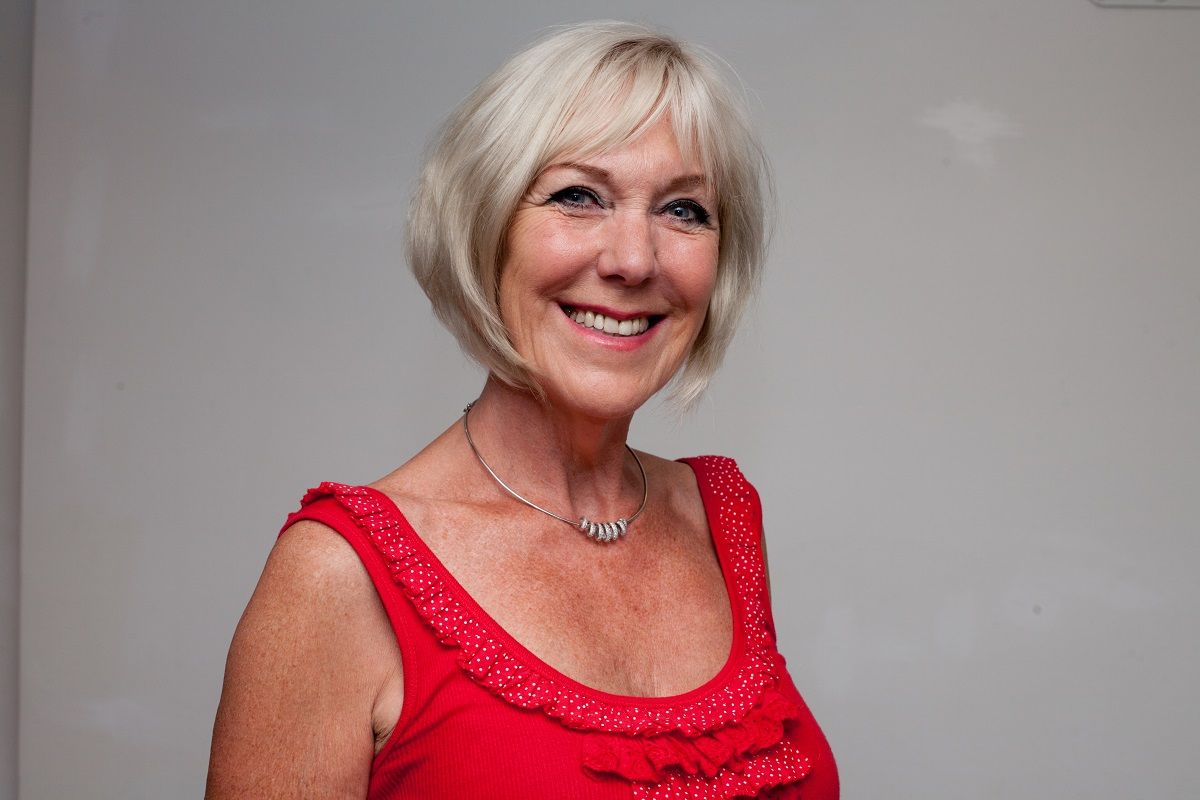Last Sunday, I went to the annual meeting of my new union which, in true Danish style, started at 5pm relatively formally, albeit with drinks. This was followed by dinner with drinks and ended at midnight with dancing and more drinks. An increasingly hyggelig time was enjoyed by everyone and it demonstrated yet again how alcohol boosts social interaction in Denmark.
After dinner, the tall, handsome chairman of the board came over to welcome me as a new member and shook my hand. At that moment, a man came over to say hello to him and was given a hug. I jokingly said: “I didn’t get a greeting like that,” and before I knew it, I was crushed against his chest in a big enveloping bear hug. Almost immediately, he let me go and said with a nervous smile: “Sorry, it is so easy to get carried away because in this union I am surrounded by beautiful women.” Just as I was absorbing this flattering comment he added: “I am going to step down as chairman at the end of this year so I can spend more time with my wife.” I could not quite see the connection, but I guessed that he didn’t want me to misinterpret his hug. Frankly, I found it charming because, call me old-fashioned, I prefer charm rather than alcohol as a boost to social interaction.
When I came to Denmark, I was surprised by the lack of basic courtesy I encountered from men in their interaction with women. I had taken it for granted that a man would open a door for me or hold my arm when we crossed the road. I was also used to occasional compliments from male colleagues and even, I’m sorry to say, shouts from British workmen on building sites: “‘Ello darlin’! Lookin’ nice today, ain’t cha?” I certainly hadn’t expected to miss the lack of even this kind of male attention when I came here.
Danish men simply do not go out of their way to be charming to women or give compliments. Why is this? An English actor who is in my Christmas show told me that he opened a door for a Danish girl and she said: “I am perfectly capable of opening my own door!” He met a pretty girl at a party and said: “That dress looks beautiful on you.” She said: “And that is where it’s staying!” Trying his luck, he said: “Your place or mine?” She said: “I tell you what, why don’t you go to your place and I’ll go to mine.”
No wonder Danish men are wary about giving compliments. Perhaps they have been battered into submission by Danish women’s strident feminism. They might feel less battered if they parried it with a charm offensive. A young Danish man flirting with a friend of mine suddenly asked her: “How old are you?” I rushed to her defence. “You should never ask a woman her age,” I cautioned. “Why not?” he replied. “I can see that she’s older than me, and I want to know by how much.”
And then there’s the one about the girl who said after making love: “Will you love me always?” and the, most probably Danish, man replied: “Sure, what way do you want to try next?”
A well-known joke analyses the basic differences between men and women. It claims that when a woman says “Yes”, she really means “No”, that “No” means “Maybe”, “I’m sorry” means “You’ll be sorry,” and “Oh, you’re sooo manly” means “You need a shave.”
On the other hand, when a man says “Yes” he means “Yes”, and when he says “No”, he means “No”. “I’m tired” means “I’m tired”, “I’m bored” means “I want sex”, “I love you” means “I want sex”, and “That dress looks beautiful on you” means “I’ll want sex later.” In my opinion this joke doesn’t work for Danish men. When a Danish man says “Yes”, he means “If you say so dear.” When he says “I love you”, it means he loves you madly, and when he says “That dress looks beautiful on you,” it means he’s gay.















